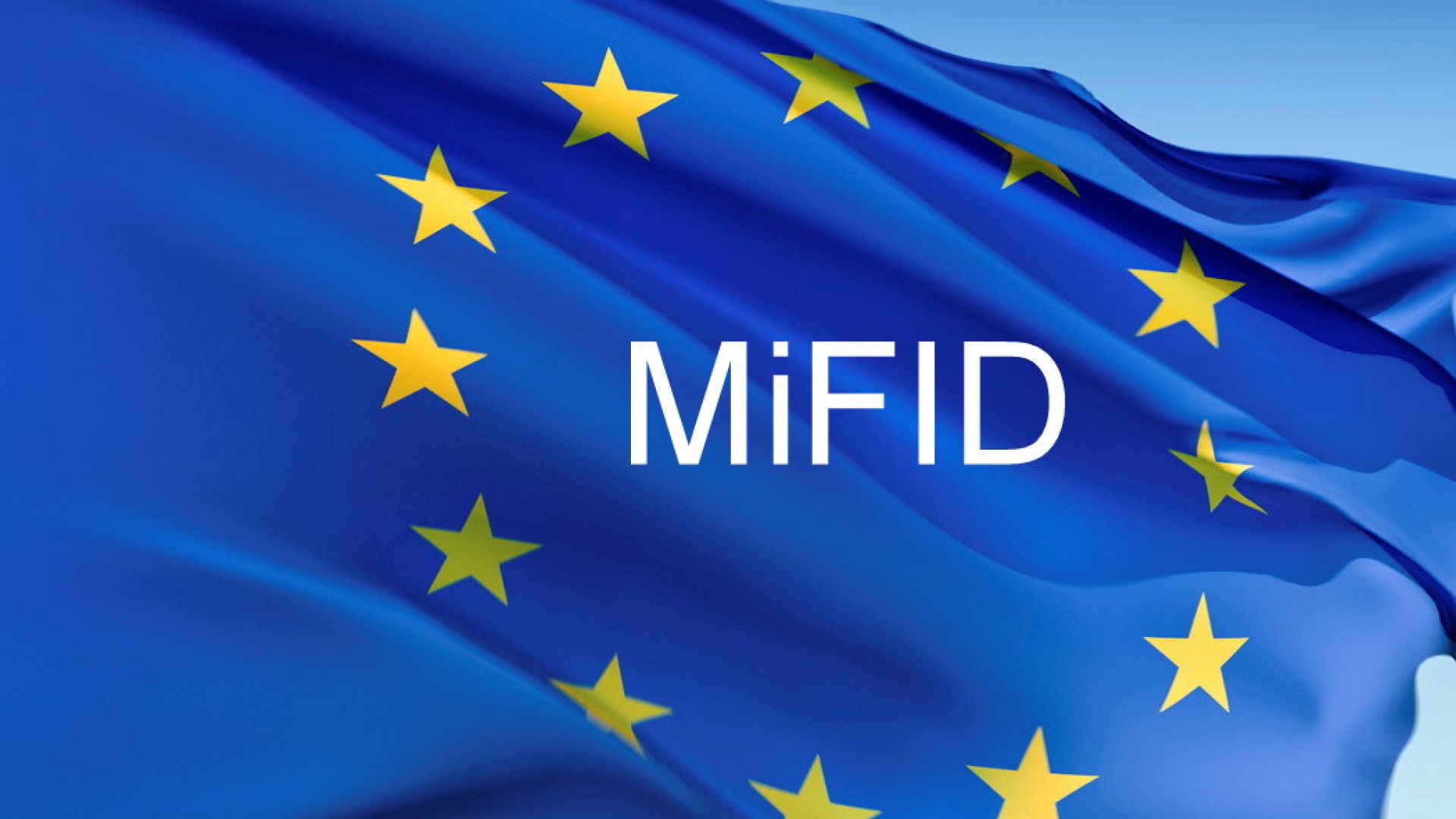The Socialists and Democrats are leading the drive to reject the Markets in Financial Instruments Directive (MiFID) Quick Fix, and today voted against it in the European Parliament’s economic and monetary affairs committee. The European Commission’s declared objective was to amend the MiFID regime to alleviate the impact of the Covid-19 crisis to encourage investment in the real economy and free up resources for both companies and investors. However, the proposals by the Commission, made without a proper consultation and impact assessment, went so far as to specifically remove some transparency requirements and position limits in the derivatives market. The agreement reached by the EPP negotiator and the German presidency in December failed to improve the Commission’s proposal in points deemed crucial by the S&D Group to achieve the goal of actually supporting SMEs instead of deregulating for the sake of the special interests of the financial services’ industry.
Eero Heinäluoma, MEP and S&D negotiator on the MIFID Quick Fix, said:
“The Socialists and Democrats reject the MiFID Quick Fix in its current form as it fails to support SMEs starving from contracting credit. SMEs are the back-bone of our economy and vital for the recovery and we must urgently encourage investment in the real economy. The compromise negotiated by the EPP claims to support SMEs, but really plays into the hands of the free market. No investor association, no NGO, no Think Tank has spoken out in support of these proposed measures. Clearly, the proponents of this MiFID Quick Fix are trying to use the Covid-19 crisis as a cover for relaxing strict financial market regulations put in place after the last financial crisis.
“To raise the capital SMEs desperately need and to convince investors to inject more liquidity into the markets, clarity on product governance rules and the real costs linked to investments products are crucial. This Quick Fix undermines these goals in a number of ways. Firstly, by granting substantial exemptions this MiFID Quick Fix would undermine the very rules protecting investors against all sorts of mis-selling. Especially during a time of crisis, such a step cannot be justified. Secondly, the re-bundling of investment research for SMEs would lead to lower clarity and reduce investor understanding of research costs, thereby rolling-back the achievements of MiFID 2, which contributed to lowering the costs for retail investors by allowing for a more transparent report of costs and tackling conflicts of interests. Thirdly, in the absence of a strong impact assessment, we have difficulties in seeing the necessity and the added value of lifting provisions around position limits in derivative contracts.
“We call on the Commission to put forward an ambitious and balanced reform of the MiFID rules by mid-2021 after full consultation of all stakeholders and based on a serious impact assessment, that will protect investors and help SMEs.”
Jonás Fernández, MEP and S&D spokesperson for economic and monetary affairs, said:
“Many Europeans are suffering from the worst sanitary and economic crisis of their life-time as the fall-out of the Covid-19 pandemic is hitting households and businesses hard. From the beginning of the crisis, we Socialists and Democrats have acted decisively to support workers, and SMEs, who are struggling to raise capital. We have led the drive for the EU Recovery Fund, and welcome the EIB’s €25 billion Pan-European Guarantee Fund to support SMEs.
“To combat the economic consequences of the pandemic, we must put measures in place that improve the access of SMEs to investments, protect investors and guarantee full price transparency. This MiFID proposal fails on all three fronts. The S&D Group is not willing to support a deregulation agenda masquerading as Covid-19 crisis measures.”












